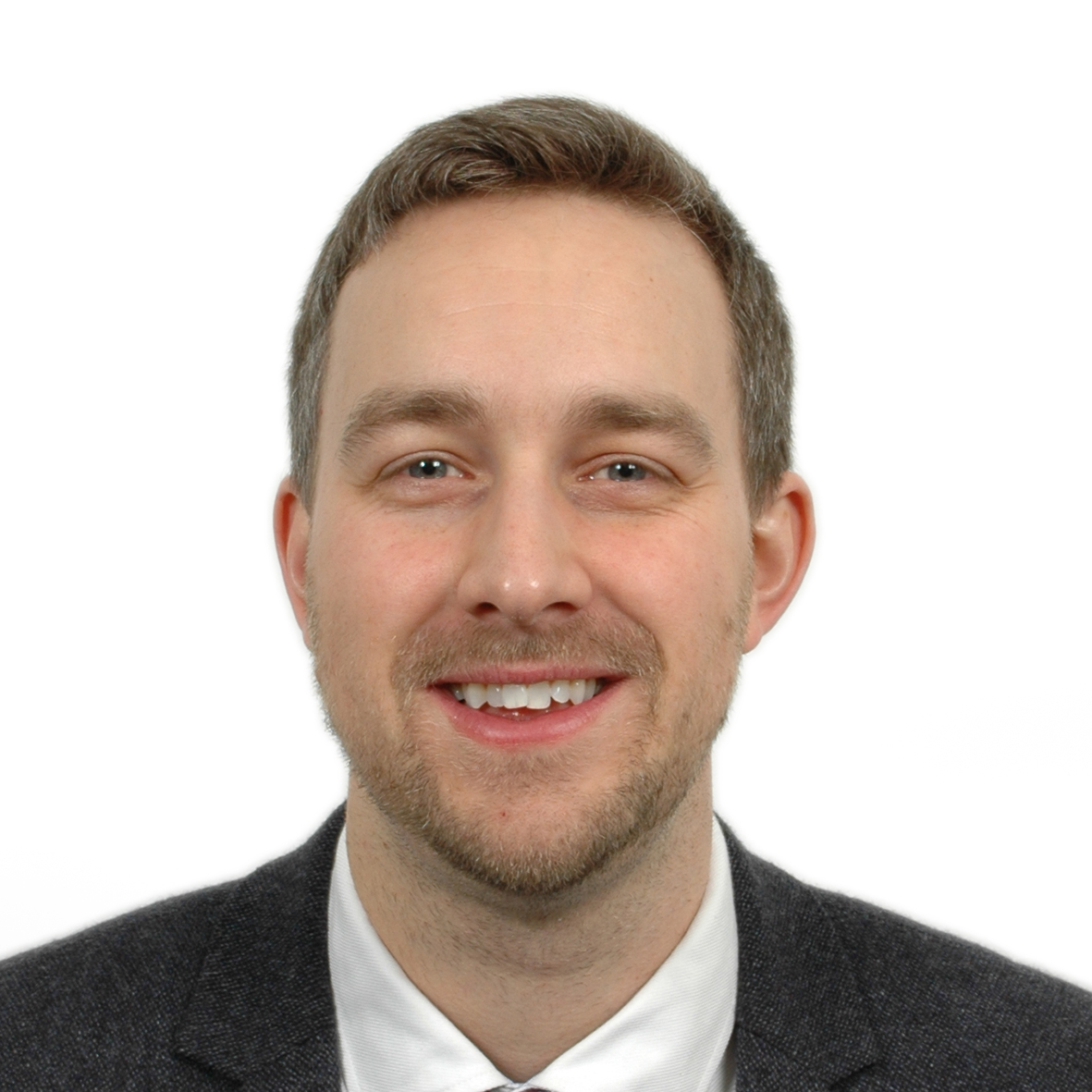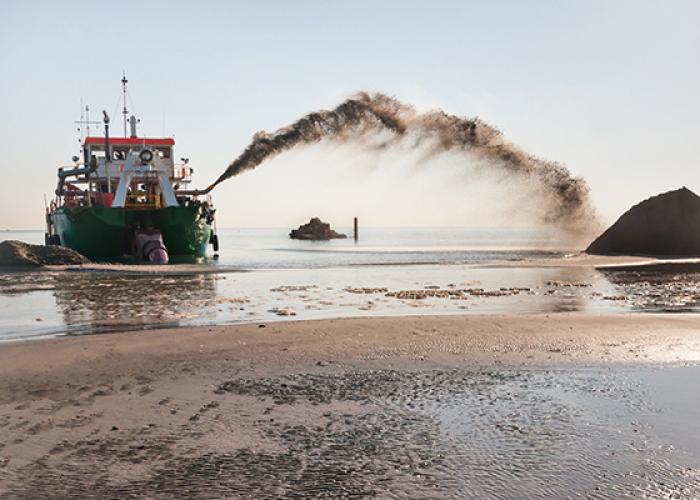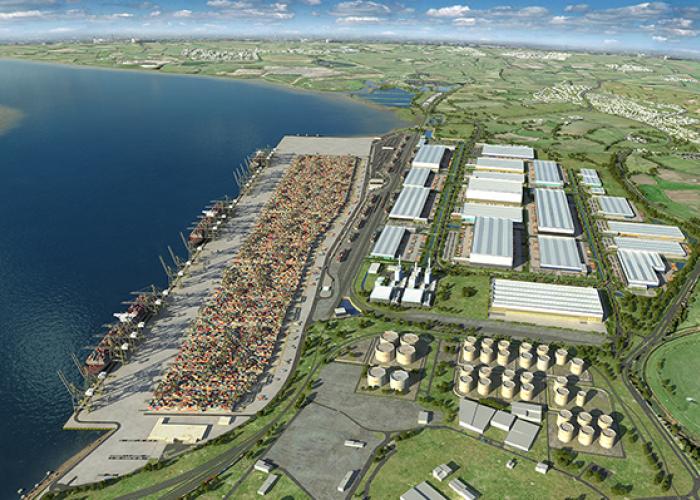David Middlemiss
David Middlemiss is a Principal Scientist in the Ships and Dredging team, and our business development manager for South Asia. Since joining us in 2006 he has led and contributed to more than 100 research and consultancy projects all over the world.
What made you want to join HR Wallingford?
I put in a speculative application on the recommendation of my University Professor at the time and arranged to visit HR Wallingford for an informal chat with one of the group managers. It was evident from that first meeting it would be a fascinating place to work. I had a passion for the things I studied and wanted to use that in my career. My first (and lasting) impression of HR Wallingford was that genuine interest in understanding and solving a problem is paramount.
What’s a typical day like for you?
A typical day usually starts with the morning mayhem of getting two small children off to where they need to be! Most of my day is spent managing various projects or bids via meetings, emails etc. The subject matter varies hugely, from a detailed discussion about the effects of moving training walls in an estuary, to how we should approach a particular tender and how it might be resourced from our pool of experts across the company. Between meetings I am usually reviewing or contributing to deliverables for clients.
What do you find most challenging and most rewarding about the job?
I spend quite a lot of my time on projects and proposals for clients in Pakistan, India and Bangladesh, all of which are developing hugely. It’s very satisfying being able to contribute to large infrastructure projects that will lead to better living standards for the people.
Are there any specific projects that you are really proud of?
As a company we have provided support to DP World London Gateway Port for over 20 years. We have been involved from the first concepts, through design, construction and we are still advising the client seven years after commission of the port. It was one of the first projects I worked on when I joined, and I learned a lot from it. I think it is widely regarded as an example of best practice when it comes to assessing, managing and mitigating impacts of such a large infrastructure project on the environment, and our work supporting the client is held in wide regard.
What are you currently working on?
One of the key projects I am working on at the moment is a feasibility study for development of port facilities in the Karnaphuli River, Bangladesh. I am also working on a site selection study for a chemicals processing facility in Pakistan, and a concept study for a green field port development in Malaysia. We are about to start a study looking at an issue of too much wave energy propagating into a harbour basin in India, and how the client might reduce their downtime because of it.
We have a small study looking at uncertainty in particle size analysis and how this may influence the accuracy of model predictions. I’m also working on a research project looking at dredging of reservoirs. This is part of the World Dredging Association’s Reservoir Dredging Working Group, so it’s quite varied, which I really enjoy.
What opportunities have you had to grow and develop here?
I’ve been very lucky and had plenty of opportunities to develop and grow, from a graduate scientist to taking a lead in our business development activities in Pakistan, leading projects and bids, supervising less experienced staff, presenting to external stakeholders at all levels, including governmental ministers. I have had the opportunity to travel to many of the places where we’ve been working, giving me an insight into parts of the world I wouldn’t normally have had the chance to experience.
It’s very satisfying being able to contribute to large infrastructure projects that will lead to better living standards for the people.
Going forward, what do you anticipate will be the new opportunities in your sector?
It is clear of the next decade or so there is going to be a big shift in economies driven by government policies on energy use, carbon reduction, and lifestyle changes as people become more aware and more responsible for their own environmental footprint. Port developments and coastal infrastructure will still be required, but the importance of sustainable development will become increasingly more important particularly in the less developed economies such as South Asia where recognition and mitigation of the impacts of these developments will need to be taken more seriously.
Describe the culture at HR Wallingford?
I would say the working environment is focussed. People recognise the job they have to do and get on with it. The culture is supportive and trusting - we’re often working with complex problems that often don’t have direct or straightforward solutions. Sometimes this leads you down a blind alley, but that’s ok, it’s a way to learn and develop.
Without the supportive attitude of the people here, I suspect it wouldn’t be possible to deliver what we do.
What do people need to know about working here?
Bring your ‘A’ game!
What should potential clients know about working with HR Wallingford?
We are a specialist team of people who will have a genuine interest in the problem you need to resolve.
What do you enjoy doing out of work?
I’m a keen swimmer and looking forward to trying some open water events when it gets warmer!
Can you remember the first record/CD/etc you ever bought? (without cringing?)
Definitely Maybe by Oasis – not a bad choice even now (in my opinion!)
Do you have a signature dish and if so what is it?
One of the jobs I had as a student was working in an Italian restaurant, so I do make a mean pizza or pasta dish, all from scratch!
David out and about
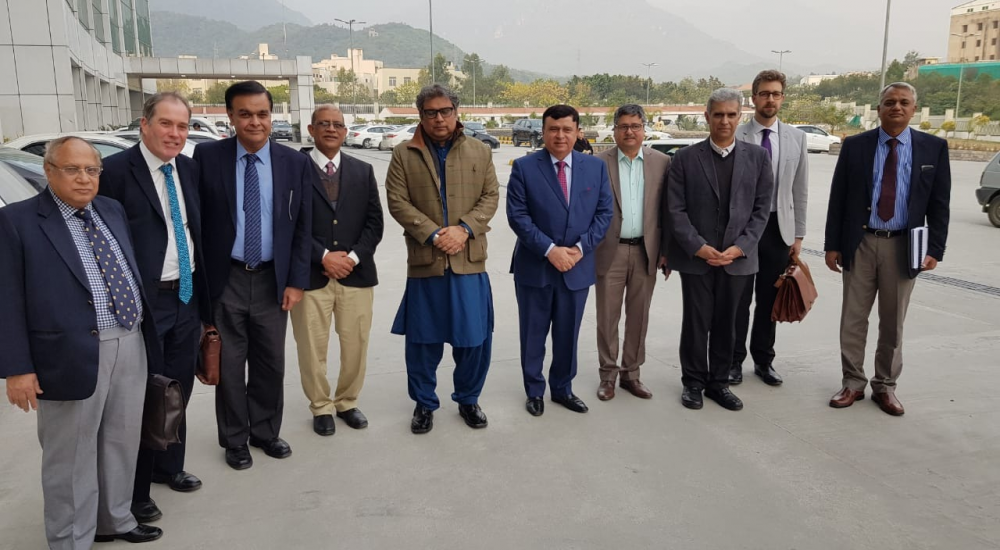
Meeting the MInister of Maritime Affairs, Islamabad, Pakistan
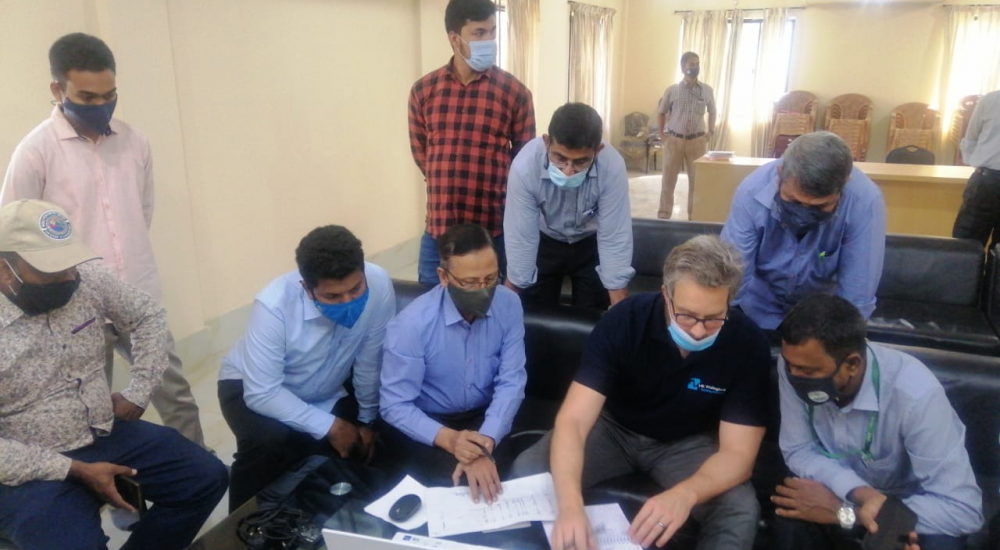
Discussing Datums with a team from Chittagong Port Authority
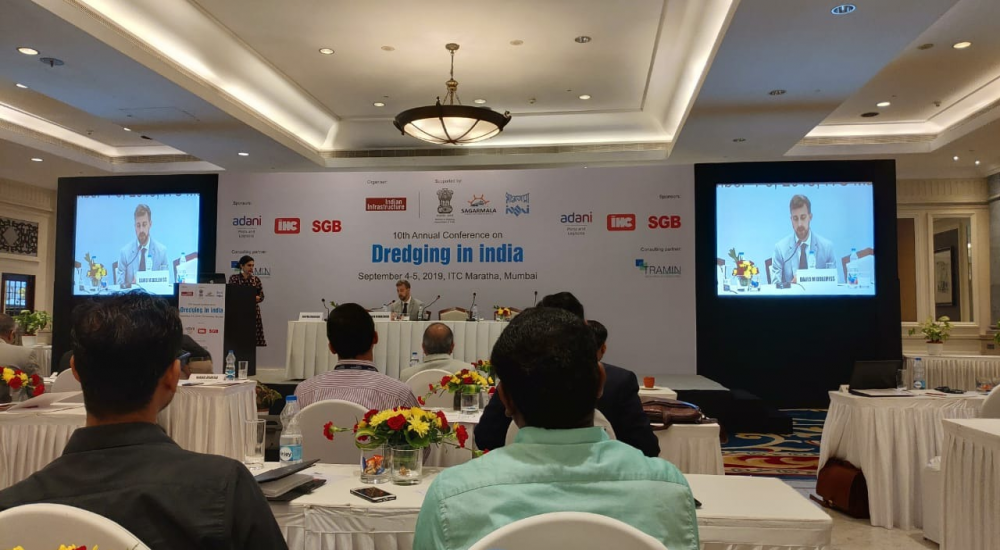
Presenting at a conference in India on Dredging
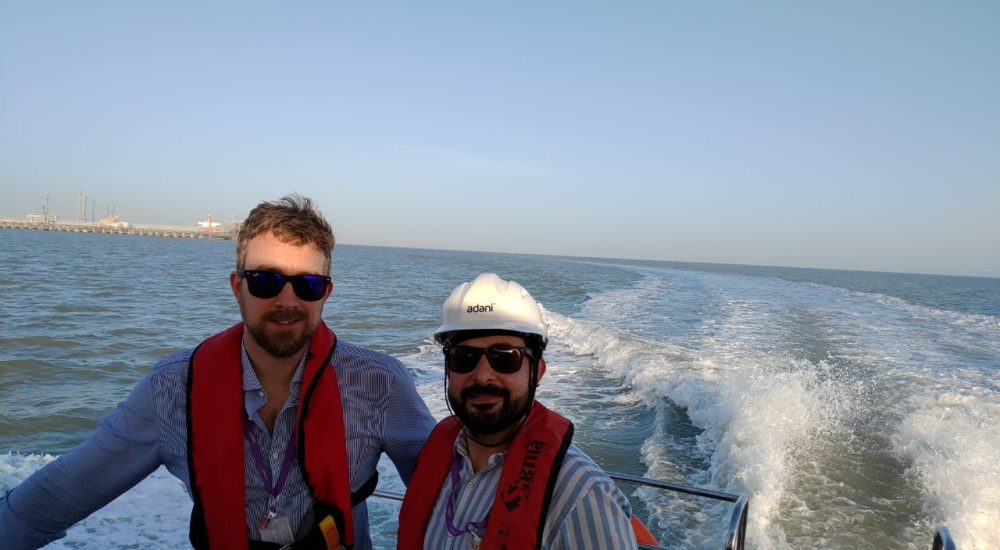
Site visit to Mundra Port, India
Want to know more?
